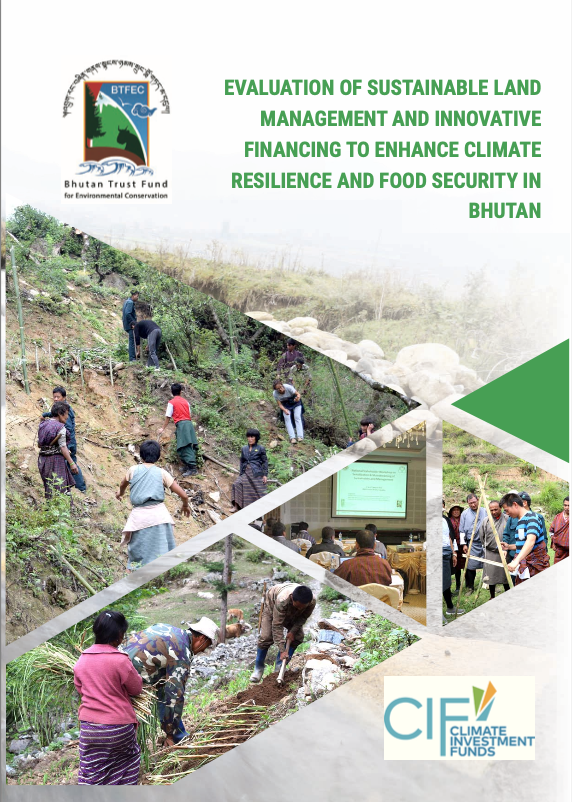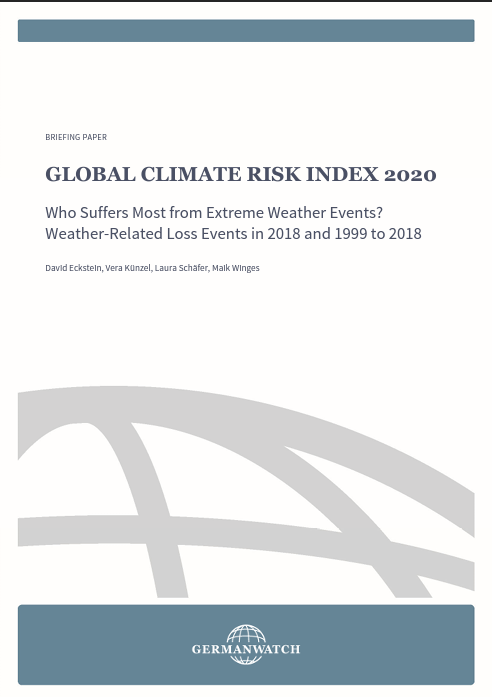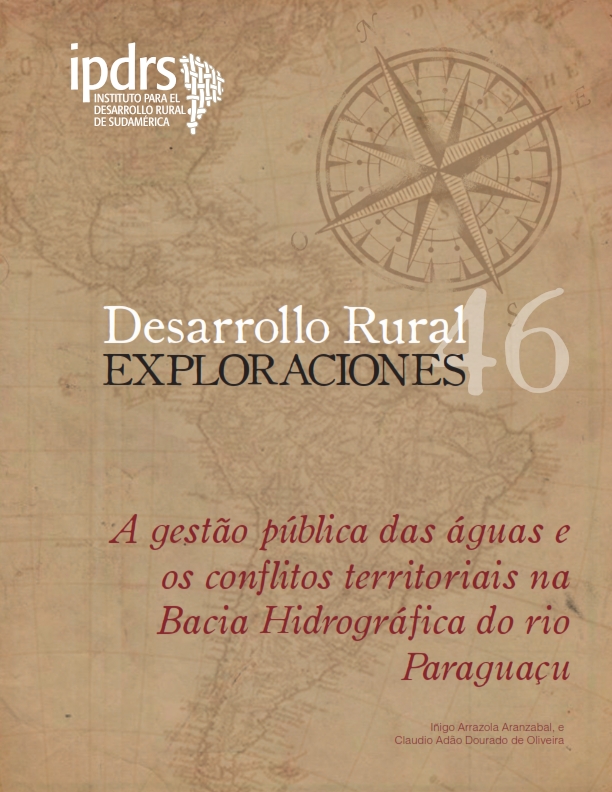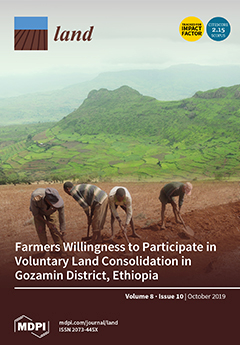Assessing forest governance in the countries of the Greater Mekong Subregion
The forest landscapes of the Greater Mekong Subregion (GMS) are changing dramatically, with a multitude of impacts from local to global levels. These changes invariably have their foundations in forest governance. The aim of this paper is to assess perceptions of key stakeholders regarding the state of forest governance in the countries of the GMS. The work is based on a quantitative and qualitative analysis of the perceptions of forest governance in the five GMS countries, involving 762 representatives from government, civil society, news media, and rural communities.







